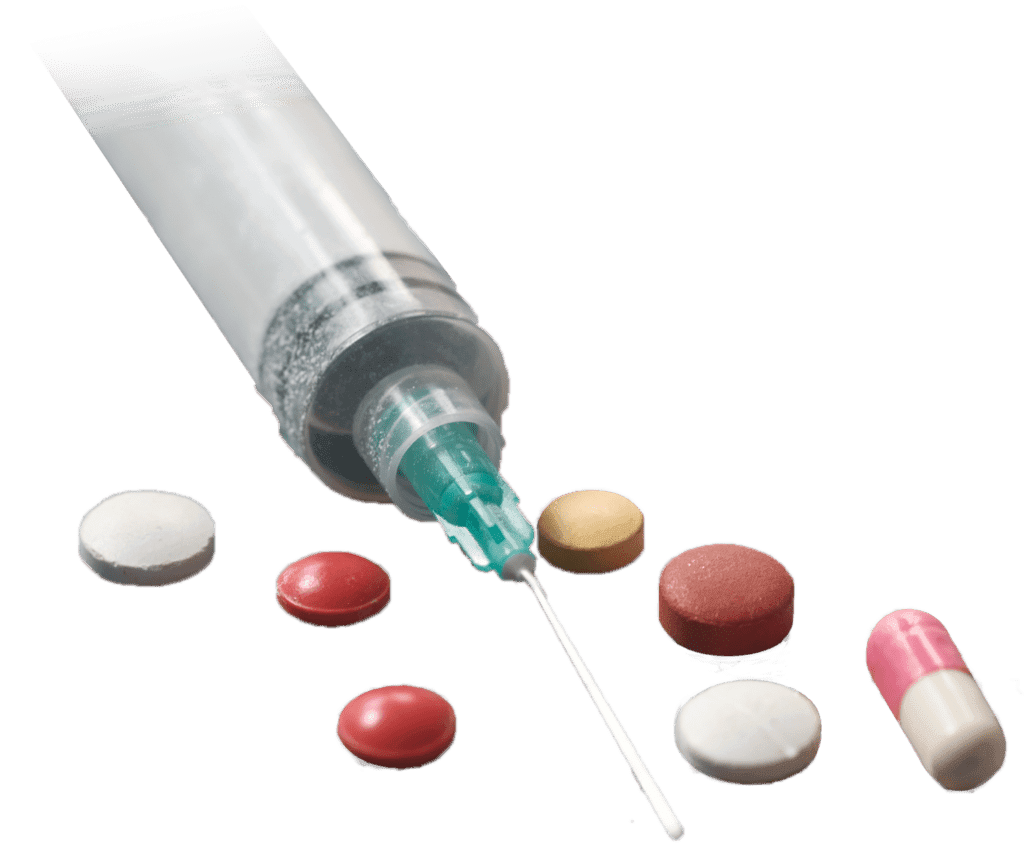Last Updated on January 3, 2025
The use of steroids in sports has long been a controversial topic. While some athletes turn to these substances for performance enhancement, the associated risks and ethical concerns make it a significant issue in the world of athletics. This article dives into the history, motivations behind steroid use, health risks, and the regulatory measures in place.
What Are Steroids?

Steroids, specifically anabolic-androgenic steroids (AAS), are synthetic substances that mimic the effects of the male hormone testosterone. They promote muscle growth and enhance athletic performance, but they can also lead to severe health issues. These substances are distinct from corticosteroids, which are used to treat medical conditions like asthma and arthritis.
History of Steroid Use in Sports
Steroid use in sports dates back to the 1950s, when athletes sought competitive advantages in strength and endurance events. Over time, the substances became more prevalent across various sports, from weightlifting and bodybuilding to cycling and baseball. The 1960s and 1970s saw widespread use, often under the radar, as testing methods were not yet fully developed.
Why Do Athletes Use Steroids?
Athletes may turn to steroids for several reasons:
- Muscle Mass and Strength: Steroids can significantly increase muscle size and strength, giving athletes an edge in sports requiring power.
- Reduced Recovery Time: Some athletes use steroids to speed up recovery from intense training sessions or injuries, allowing them to train harder and more frequently.
- Increased Endurance: Certain steroids can enhance the body’s ability to produce red blood cells, improving oxygen delivery and endurance.
Commonly Used Steroids in Sports
- Testosterone
Testosterone, the primary male hormone, is often used as a base steroid in cycles. It promotes significant muscle growth and strength. Athletes typically prefer long-acting injectable forms such as Testosterone Enanthate or Cypionate because they require less frequent dosing. Although effective, it can cause side effects like acne, hair loss, and increased risk of cardiovascular issues due to elevated DHT levels. - Anadrol (Oxymetholone)
This oral steroid is known for rapid muscle mass and strength gains, often used in bulking cycles. However, it’s also associated with water retention, gynecomastia, and liver toxicity, making it unsuitable for long-term use. Typically, cycles last no more than eight weeks to minimize risks. - Dianabol (Methandrostenolone)
Popular among bodybuilders for its potent muscle-building effects, Dianabol significantly boosts strength and size. It is often stacked with other steroids but carries risks like liver strain and high blood pressure. It is available in oral form, making it accessible but also hepatotoxic. - Deca-Durabolin (Nandrolone Decanoate)
This injectable steroid is favored for its ability to improve joint health alongside muscle gains. It’s commonly used in bulking phases but can cause side effects like suppressed natural testosterone production. Despite being considered milder, it often requires post-cycle therapy to restore hormonal balance. - Trenbolone
Known for its powerful muscle-building and fat-burning properties, Trenbolone delivers rapid changes in physique. However, its high androgenicity leads to severe side effects, including cardiovascular risks, aggression, and potential liver stress. It’s often used by experienced athletes rather than beginners. - Anavar (Oxandrolone)
Anavar is a milder steroid frequently used in cutting cycles to preserve lean muscle mass while burning fat. It’s often chosen by athletes looking to avoid significant water retention. However, even mild steroids like Anavar can cause side effects like cholesterol imbalance and liver strain.
These substances are often abused for performance enhancement despite being banned in competitive sports by organizations such as WADA, the Olympics, and major leagues like the NFL and MLB. The health risks are considerable, ranging from hormonal issues and organ damage to mental health effects.
Health Risks and Side Effects of Steroid Use
While steroids can improve performance, they come with a range of potential side effects that can affect both physical and mental health.
Short-Term Risks
- Acne and skin issues: Steroid use can lead to severe acne and skin conditions.
- Mood changes: Users may experience mood swings, aggression (commonly known as “roid rage”), or even depression.
Long-Term Health Risks
- Cardiovascular problems: Steroids can raise bad cholesterol levels and increase the risk of heart disease.
- Liver damage: Oral steroids, in particular, are toxic to the liver and can cause liver disease.
- Hormonal imbalances: In men, steroid use can lead to reduced sperm production, testicular shrinkage, and breast development. In women, it can cause deepened voice, menstrual irregularities, and body hair growth.
- Psychological effects: Long-term use can contribute to dependency, anxiety, and depression.
Steroid Regulations and Testing in Sports
To combat steroid use, various sports organizations have implemented testing protocols and strict regulations:
- World Anti-Doping Agency (WADA): WADA sets the global standard for anti-doping policies, listing banned substances and implementing testing programs.
- Olympic Games: Athletes are subjected to stringent testing before and during the Games to prevent doping.
- Major League Sports: Organizations like the NFL, MLB, and the UFC conduct regular drug tests and impose penalties for steroid use.
High-Profile Cases and Their Impact
Several famous athletes have faced bans, suspensions, or stripped titles due to steroid use. Examples include:
- Ben Johnson: The Canadian sprinter was disqualified and stripped of his 1988 Olympic gold medal after testing positive for steroids.
- Lance Armstrong: The cyclist was stripped of his seven Tour de France titles after an investigation revealed widespread doping.
- Major League Baseball: The sport faced a significant steroid scandal in the early 2000s, leading to new testing policies and penalties.
Steroid Alternatives and Safer Approaches
Given the risks associated with steroids, many athletes and fitness enthusiasts seek safer alternatives:
- Natural supplements: Products like creatine and branched-chain amino acids (BCAAs) can boost performance without the risks associated with steroids.
- Proper nutrition: A balanced diet rich in protein, vitamins, and minerals can support muscle growth and recovery.
- Training programs: Tailored exercise regimens focusing on progressive overload can help achieve similar results naturally.
FAQs
1. Are steroids illegal in sports?
Yes, most sports organizations have banned steroids due to their health risks and performance-enhancing effects. Athletes found using them face penalties like suspensions or lifetime bans.
2. What are the signs of steroid use?
Signs may include rapid muscle gain, acne, mood swings, and abnormal hair growth. In men, signs can also include breast development and shrunken testicles.
3. Can steroid use cause permanent damage?
Yes, some side effects, such as heart problems, liver damage, or hormonal changes, may be long-lasting or irreversible.
4. Are there any safe steroids for athletes?
No steroids are considered completely safe for athletic performance enhancement due to their potential health risks and the legal restrictions in sports.
5. How can athletes improve performance without steroids?
Focusing on strength training, proper nutrition, and using natural supplements like creatine can help athletes improve performance without resorting to steroids.
Conclusion
Steroid use in sports is a complex issue that encompasses health risks, ethical dilemmas, and regulatory efforts. While steroids can enhance performance, the potential consequences for both health and career are significant. Athletes should focus on natural methods for performance improvement and adhere to safe, legal practices to achieve their goals.
Author

Dr. Grant Fourie
Hi, I’m Dr. Grant Fourie, a dedicated medical professional passionate about advancing healthcare in our community. With 20+ years' of medical background, I strive to provide compassionate and innovative care to my patients. Outside the clinic, I enjoy sport and fitness hobbies, which keep me balanced and inspired.


